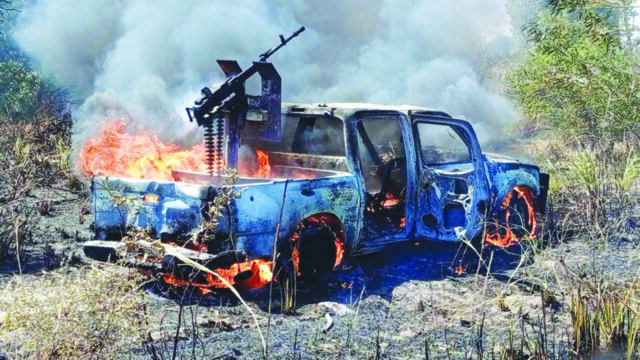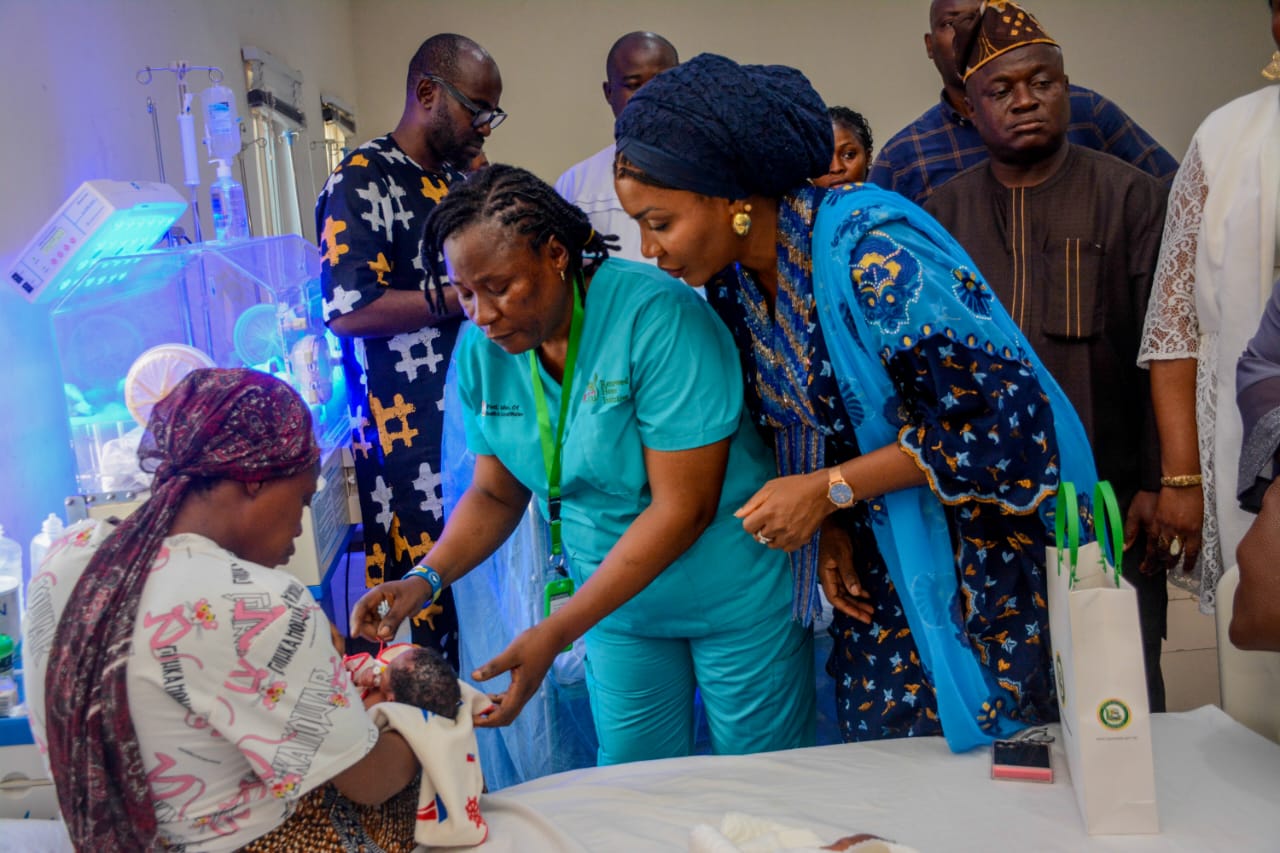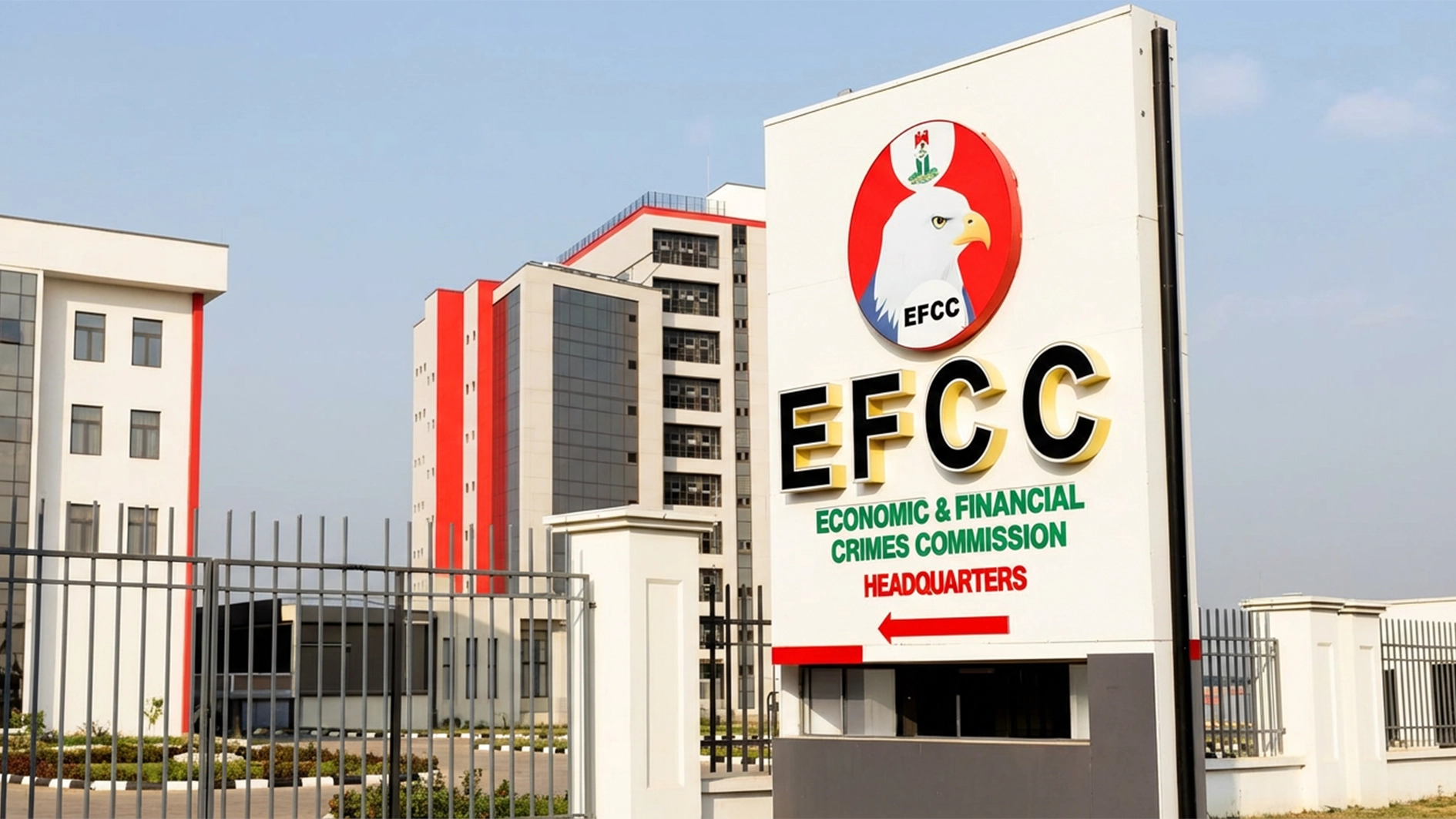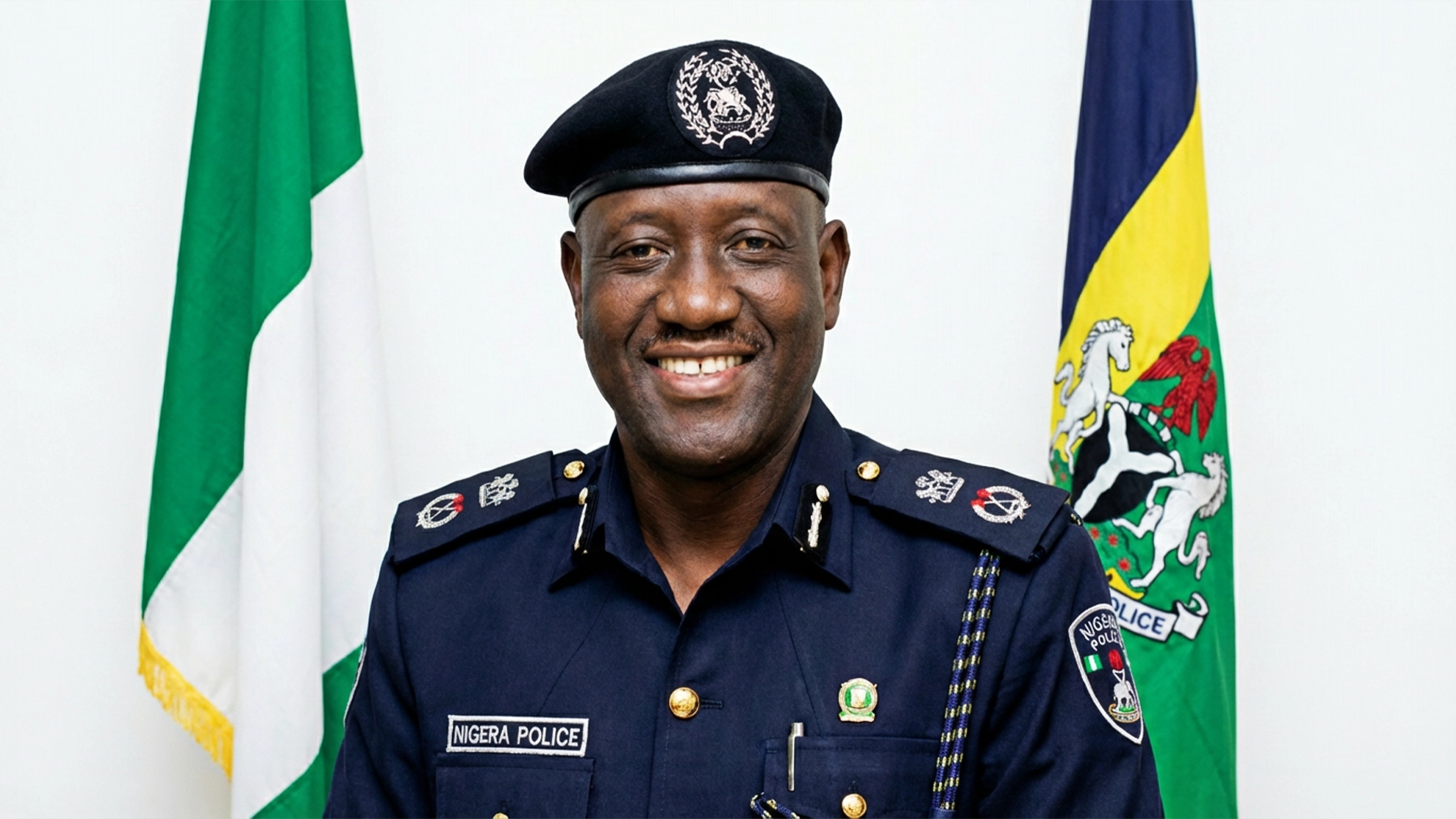
They also revealed that over 3.4 million people are currently internally displaced and about 100,000 refugees are in neighbouring countries.
The group added that in 2023 alone, no fewer than 457,000 people were displaced across Nigeria, with insecurity accounting for 291,000 of these displacements; the figure has nearly doubled to 148,000 recorded in 2022.
The Executive Director of Global Right, Abiodun Bayeiwu, who reeled out the figures at the 5th anniversary of the Mass Atrocities Summit on Wednesday in Abuja, noted that “to understand how we got here and how we can find our way back to becoming prosperous where peace and justice reign, we must examine the underpinning governance failures that have accelerated our decline.”
She said the issues include weaponization of sexual violence, lack of access to education, food insecurity, energy poverty, mineral-linked conflicts, and the pervasive culture of impunity that allows these atrocities to persist.
Lamenting the impact of displacements of people from their ancestral lands, Bayeiwu pointed out that the cost of yam and tomatoes has gone beyond reach because of the hundreds of farmers spread across the country, from Benue, Plateau, Kaduna, Nasarawa, Taraba, Zamfara, Bauchi states, especially the food basket communities, are under siege.
She harped on the need to reexamine the state of insecurity in Nigeria, its devastating impact on the lives of Nigerians, and weigh the government’s efforts to address these critical issues.
The Global Rights ED said the theme of the summit, “A Standing Responsibility to Protect,” focuses on the protection responsibilities of the state and propounds that each individual state has a responsibility to protect its population from mass atrocities and deal with the drivers and triggers of mass atrocities.
The Chair, Community of Practice Against Mass Atrocities, Ken Henshaw, while speaking on the dynamics of mass atrocities in Nigeria, noted that the worst five states to live in include Plateau, Borno, Benue, Kaduna, and Zamfara.
He noted that as days and years pass, the killings have become more daring, more regular, and more horrific, raising troubling questions about the sanity and humanity of the perpetrators, but also reinforcing the need to account for the unnecessary death of Nigerians.
Henshaw said, “We remind our governments that the Constitution of the Federal Republic of Nigeria defines the security and welfare of the people to be the primary purpose of government and so far, our governments have failed woefully at these duties.”
The Executive Secretary of the Human Rights Commission, Mr. Tony Ojukwu, in his keynote address, noted that the landscape of human security in Nigeria is complex, shaped by both progress and persistent issues. He harped on the urgent need for a comprehensive and inclusive approach to address these issues.
He said, “The future of human security in Nigeria depends on achieving sustainable stability that addresses both immediate and long-term needs in social and human development. This requires a holistic approach that integrates security development, and human rights considerations into national and local strategies. Investing in education, healthcare, and economic opportunities will contribute to a more secure and prosperous future for all Nigerians.”






